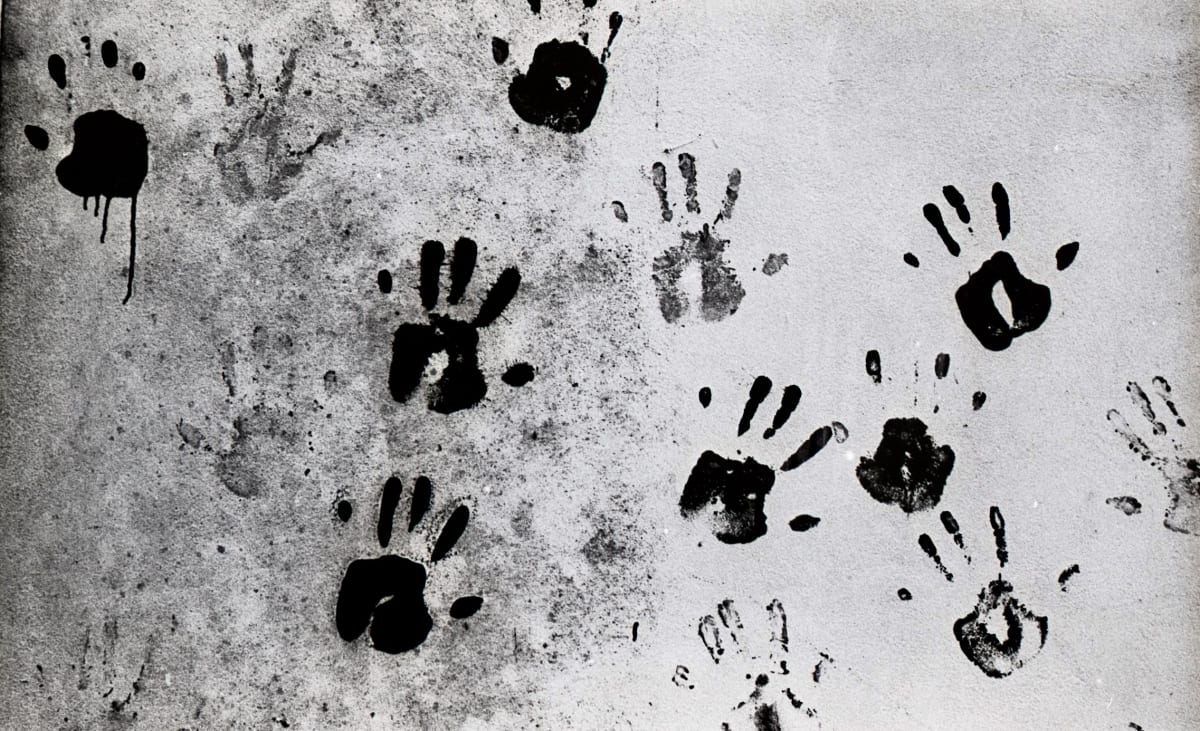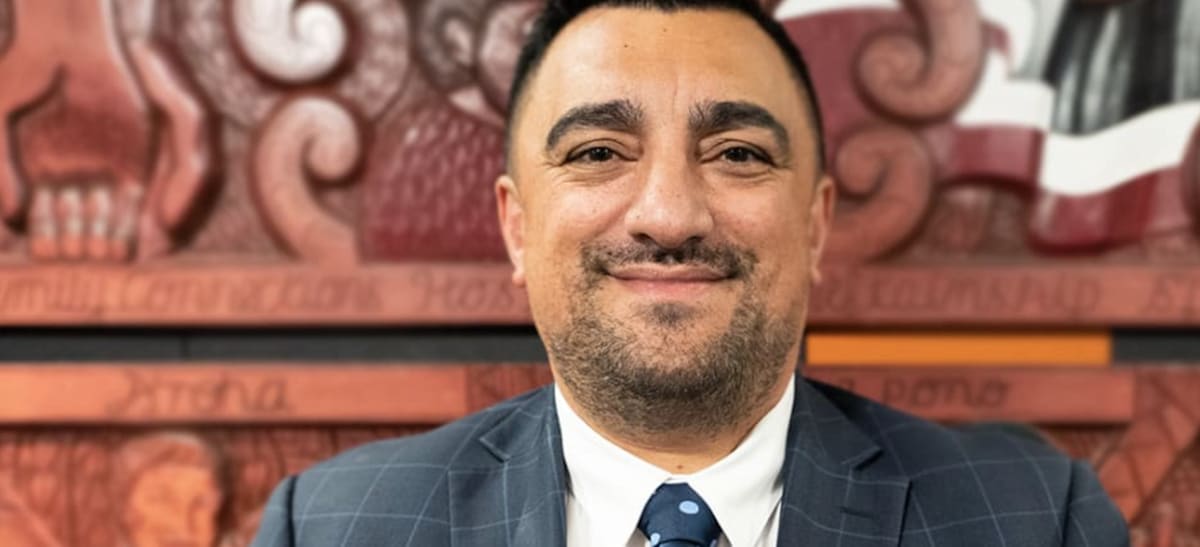
Exclusive: Inquiries are underway after young children at the centre of a pivotal 'reverse uplift' case by Oranga Tamariki ended up being sent to live at a property where a man with sexual behaviour issues was living.
The siblings at the centre of one of this country’s highest profile and most controversial uplift cases were shifted to a new home with extended whānau that also included a man who had previously been subject to complaints of a sexual nature, and who is in a programme for harmful sexual behaviour.
The programme is a specialist service for those who have engaged in “harmful sexual behaviour towards, or involving, children.”
After an extensive investigation, Newsroom can confirm the man, who has been living on-and-off at the property where the tamariki were transferred to, had been subject to two complaints made at separate times concerning highly sexualised behaviour towards a minor.
Both complaints were raised by a young girl related to the man, and one of those involved inappropriate touching.
The complaints were made to an NGO social worker connected to a school and the situation was then addressed in a restorative hui process.
Newsroom investigations have now uncovered that Oranga Tamariki social workers knew about the man living at the property and the concerns about his highly sexualised behaviour when they moved the tamariki to the whānau placement.
To make the transfer from their long term foster carers to the extended whānau placement Oranga Tamariki needed a Family Court order – however this critical information about the man's background was withheld from the court by Oranga Tamariki staff involved.

2020 uplift
Newsroom first reported on the case of the tamariki Māori as they were uplifted by Oranga Tamariki after two and a half years living with Pākehā foster carers in what they had been told by social workers would be their “forever home”. The case became known as the 'reverse uplift'.
Following a change in the Oranga Tamariki Act that stressed the importance of placing tamariki within whānau, hapū and iwi, the children were then deemed to be in a “culturally inappropriate” placement and a raft of allegations were levelled against the foster couple by Oranga Tamariki.
They were then uplifted and moved to live with extended whānau at the same address as the man with the concerning sexual background (he is not one of the primary caregivers).
Under the carpet of bureaucracy
The case of the 'reverse uplift' has caused huge criticism, including that ideology was driving practice at Oranga Tamariki, with the longtime foster carers telling Newsroom in its November 2020 investigation that Oranga Tamariki had “distorted the facts to fit an agenda to transfer the children”.
Immediately following the publication of Newsroom’s video investigation in 2020, Minister for Children Kelvin Davis halted all reverse uplifts and commissioned an internal investigation from then chief social worker, Grant Bennett.
Newsroom understands it was only then that Bennett became aware the children had been placed in the same home as the man with highly sexualised behaviour. However he later gave reassurances to the minister that there were safety plans and regular assessments in place.
It is clear that the highest levels of Oranga Tamariki and its political overseers then knew of the presence of the man at the property.
By then, Crown Law, on behalf of Oranga Tamariki, had persuaded a High Court judge to order Newsroom to remove the 'reverse uplift' video investigation from our site and public view, on allegations that information in the story could possibly lead to identification of the children involved. Newsroom rejected those allegations and is appealing that ruling to the Court of Appeal, where a hearing is pending for late this year.
The Ombudsman’s report
Oranga Tamariki’s kneejerk behaviour was further highlighted last month with the completion of a report by the Ombudsman, Peter Boshier, into the 'reverse uplift' of the sibling group from the foster carers after the carers had made a complaint about the way they and the children had been treated by Oranga Tamariki.
In his report, the Ombudsman called out Oranga Tamariki for a long list of questionable behaviours, including submitting misleading and unbalanced information to the court, flawed decision-making around moving the children, and contravening the Oranga Tamariki Act.
He also raised serious concern over evidence that Oranga Tamariki omitted to provide highly relevant information to the Family Court.
Newsroom understands this information included the fact that the man with sexual complaints against him from a minor resided at the same property as the tamariki.
Such was his concern, the Ombudsman’s first recommendation in his report was that Oranga Tamariki conduct another assessment of the children’s current placement, which includes a safety assessment.
This was meant to have been completed by April 21, but Oranga Tamariki extended it to May 5, however Newsroom understands it is still yet to be completed. The children remain living at the property, as does the man in question.
Harmful sexual behaviour
The individual is currently undertaking a course with a specialist agency. As well as working with persons who have engaged in “harmful sexual behaviour towards, or involving, children” the organisation says it also works with “adults who may not have engaged in physical behaviour towards children but have accessed, distributed and produced child sexual abuse images and films through the internet and social media.”
Those involved undertake six to 18 months of “tailored intervention” which can include weekly group meetings and appointments with a clinician with the aim to change their harmful sexual behaviour.
Vivienne Martini, a highly experienced retired social worker, says she is deeply distressed these children have been placed anywhere near someone with these types of issues.
“It beggars belief that the children were placed in a home with someone who is known to have sexualised interest in young people. Would any of the professionals who made that decision feel comfortable if it was their child was placed in that situation? I can’t help but think that the children’s safety and security was secondary to the ideology that drove the ‘reverse uplift’.”
“The bottom line is no matter how good the programme is, there will always be some people who have reoccurring problems. All participants who have undertaken a programme need to maintain a lifelong vigilance against slipping into old patterns. I would be asking what are the checks and balances? How can Oranga Tamariki say - hand on heart - that the children have not been at any risk?”
Martini is familiar with the 'reverse uplift' case, and says the erosion of good social work training and a lack of robust processes are in part to blame for decisions such as placing the children in a home with a man who has undergone treatment for issues of a sexual nature.
“Why is it that other critical safety industries, such as aviation, health and justice, have applied principles of evidence based scientific analysis and assessment to improve practice and reduce the incidence of tragic outcomes, but our biggest child protection agency remains stuck in a ‘reactive’ and potentially unsound practice model?”

Oranga Tamariki responds
Newsroom put a list of questions to Oranga Tamariki, including how these children, who were part of such a high-profile case, could have been moved to a placement with a man who has had complaints of a sexual nature made against him and how can Oranga Tamariki ensure the children’s safety.
Oranga Tamariki's chief executive Chappie Te Kani replied: “I am acutely aware of the past failings by Oranga Tamariki in relation to this case. I have offered an unreserved apology to both families involved. I am also aware of the duty that not only I, but we as an organisation, have to ensure we do not let these children, or the people that love and care for them, down again.
“I, as chief executive have accepted all of the Ombudsman’s recommendations and we as an organisation are working to implement all of them and taking the steps to ensure the issues identified are addressed.
“Whilst I cannot provide specific details, I can confirm we are continuing to work alongside the family and I am assured that the children are safe from harm. I will continue to seek these assurances as long as they are in my care as the chief executive of Oranga Tamariki."








